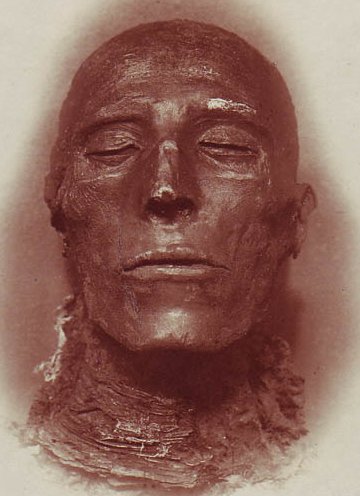
The recent passing of veteran mystery writer Joe Gores on the anniversary of Dashiell Hammett’s own death set me thinking about Hammett’s enduring legacy and continuing influence on detective fiction. Gores was born too late to fight for a place in the Holy Trinity of hardboiled detective fiction alongside Hammett’s immediate heirs Raymond Chandler and Ross Macdonald, but the influence of the man who did so much to transform hardboiled fiction was no less strong in Gores’ work. While most commentators would agree that the DKA series was Gores’ crowning achievement, my own preference was for his 1975 novel, Hammett and his last book, 2009’s Spade & Archer.
Gores’ death led me to pick up Ace Atkins’ 2009 novel, Devil’s Garden. Atkins’ book is a semi-fictionalized account of Hammett’s real-life involvement as a Pinketeron operative gathering evidence for the scandalous Fatty Arbuckle trial in 1921. Thirty-five years earlier, Gores had likewise fictionalized Hammett’s Pinkerton days when he immersed himself in real and imagined political corruption in Roaring Twenties San Francisco in his novel, Hammett. When granted the honor of penning a prequel to The Maltese Falcon, Gores later drew heavily on Hammett’s own experiences as a Pinkerton to fill in Sam Spade’s back story.
Atkins has much in common with Gores in that both men are natural writers who can easily make one envious of their prodigious talent and, at times, frustrated that they aren’t quite as perfect as you wish them to be. No matter how many times I’ve read Hammett’s five novels and the posthumous collections of his short fiction, I never cease to be amazed at his perfection. Chandler’s remark that Hammett repeatedly wrote scenes that struck readers as wholly original is not mere hyperbole; it still rings true today despite the endless parodies and imitations. It is also what makes following in his footsteps so difficult.
Hammett sprang forth fully-formed like some real-life Athena. There was no evidence that Edgar Allan Poe’s seminal Dupin stories or Conan Doyle’s Sherlock Holmes mysteries or even Carroll John Daly’s cartoonish exploits of Race Williams had the slightest influence on what Hammett wrote. He fictionalized his own experiences as a private investigator and idealized his Pinkerton boss and surrogate father figure as the nameless Continental Op, hero of most of Hammett’s short fiction and his first two novels, Red Harvest (1928) and The Dain Curse (1929). Hammett’s own self-image began to crystallize in the form of Sam Spade in The Maltese Falcon (1930) and the three short stories that followed and as Ned Beaumont in his masterpiece of crime and politics, The Glass Key (1931) until finally emerging in a scathing self-parody as Nick Charles in The Thin Man (1934). Hammett lost his moral battle and his creative well ran dry, but he blazed out in a glory that still inspires readers to this day and keeps his fiction fresh and involving nearly a century after it was first published.
TO CONTINUE READING THIS POST, PLEASE VISIT HERE.


.jpg)
No comments:
Post a Comment